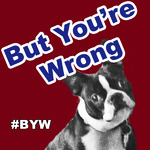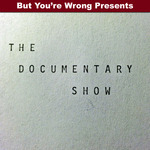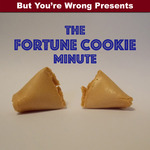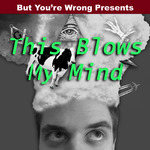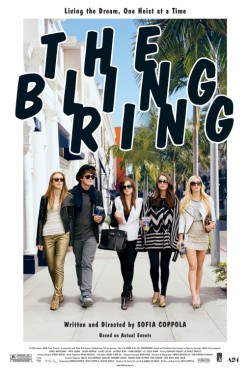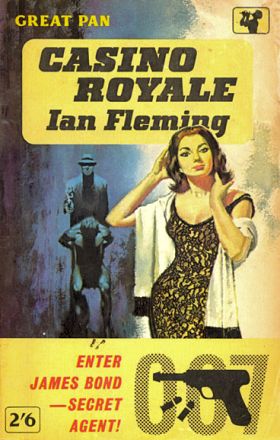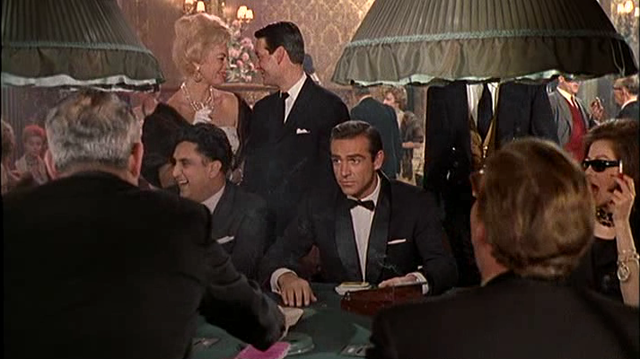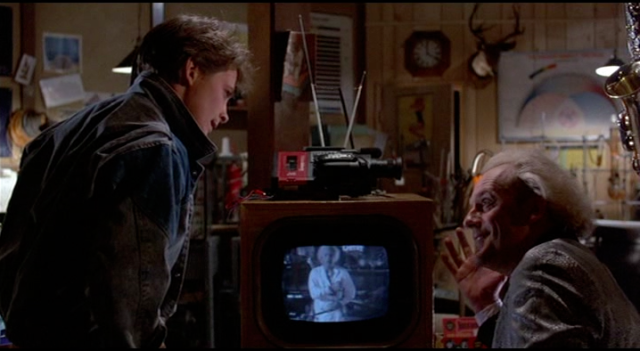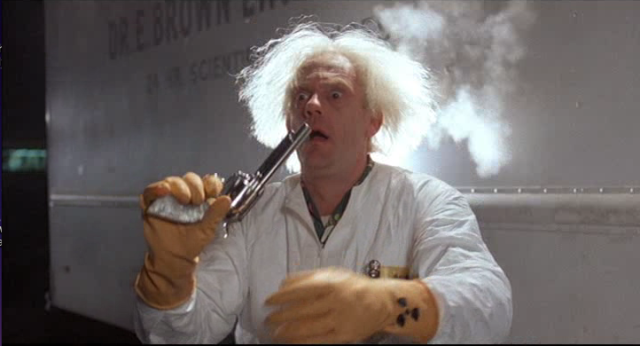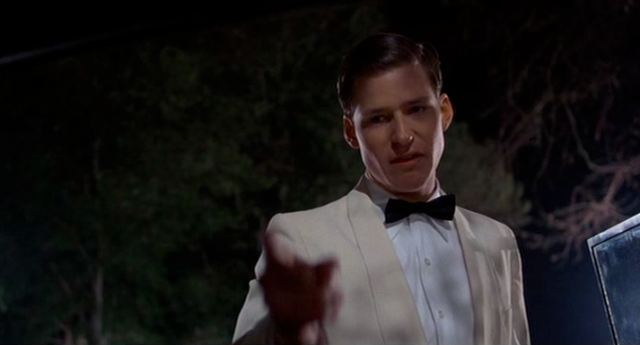What Keith's Watching: Iron Man 3 (2013)
 Tuesday, October 29, 2013 at 12:01PM
Tuesday, October 29, 2013 at 12:01PM 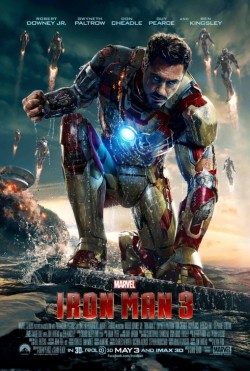 I'm going to get some flack for my next statement. I like Iron Man 3 way more than The Dark Knight Rises. Iron Man 3 is probably my favorite superhero movie ever. It knocks down Superman II and The Dark Knight to the #2 and #3 spots.
I'm going to get some flack for my next statement. I like Iron Man 3 way more than The Dark Knight Rises. Iron Man 3 is probably my favorite superhero movie ever. It knocks down Superman II and The Dark Knight to the #2 and #3 spots.
Now, is the acting as mind-blowing as Heath Ledger in The Dark Knight? No. Is the cinematography as "visionary" as Nolan's Batman? Not really. It's stylized in a fun way. They don't play around with shadows as much as Nolan's crew, but they shouldn't, so it works out.
Iron Man 3 gives me exactly what I want from a superhero movie. There are so many great moments in there and moments that make you want to get up and cheer. (The Air Force One sequence, especially.) I didn't get that from The Dark Knight Rises. It was very dark and left me feeling a little depressed. Sure Nolan's Batman has a better character arc across the trilogy, but Tony Stark has a better story in his third outing.
The story arc relies heavily on what happened in New York in The Avengers, so that is a little bit of a shortcoming. Iron Man 3 does a pretty good job of trying to explain it, without bogging us down in exposition. Which is a huge plus in this movie. The action starts right away after a brief 5 minute visit to 1999. The rest of the setup is done as we move along, without pausing the pace of the movie.
The main complaint I've seen from people is the Mandarin. Sure, the Mandarin in the movie isn't the Mandarin in the comic books, but as a comic book fan, I didn't mind it at all. In fact, I loved it. It was fresh, and unexpected. The whole movie has this energy of fun, excitement, and freshness to it that I love. Maybe it's because I love Shane Black movies. I'm a little biased, but I don't think that's entirely it. Sometimes Iron Man 3 feels like a spiritual sequel to Kiss Kiss, Bang Bang, so maybe my love of that movie also influences my enjoyment of Iron Man 3 and why I always think on the henchmen at the end is a Val Kilmer cameo.
But honestly, I don't think my enjoyment of Shane Black movies influence my love of Iron Man 3, other than the fact that Shane Black has worked on and made great movies. I've watched Iron Man 3 many, many times since it came out on DVD and I have yet to grow tired of it. The pacing never seems off, and the story never drags. The world is richly constructed, so every other time I watch it, I find some new little addition. Like I said, Iron Man 3 gives me everything I want from a superhero movie, or any movie for that matter: excitement, fun, laughs, surprises, suspension, redemption, and an optimistic feeling when the journey is over. I wish every movie gave me that.
VERDICT: Must Watch (unless you don't like fun)


